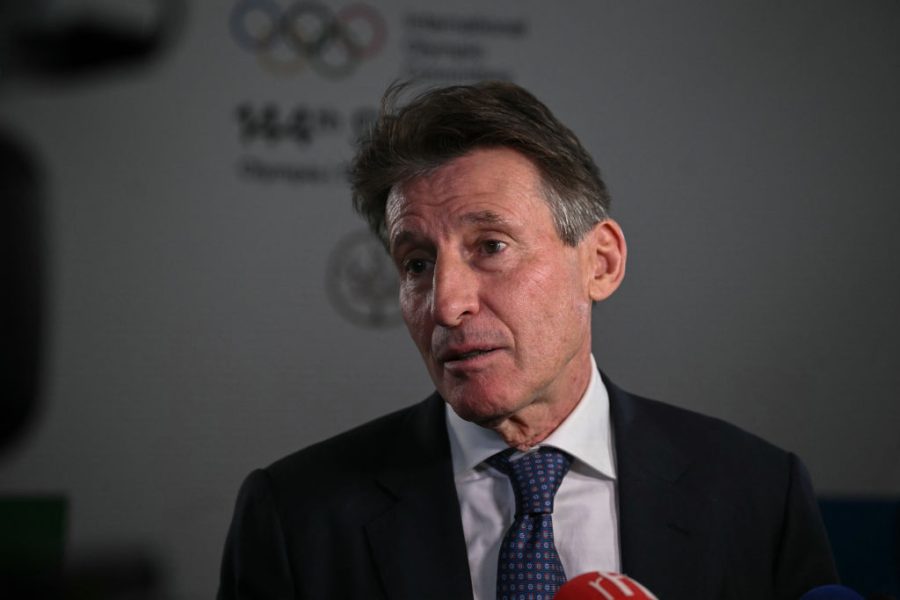Poor Lord Coe. His dream of leading the International Olympic Committee (IOC) – the most powerful job in international sport – lies in tatters. He was roundly beaten by Kirsty Coventry of Zimbabwe, the former Olympic swimming champion who will now become the first female president of the IOC. She received a whopping 49 of the 97 votes up for grabs.
Lord Coe was widely seen as the most qualified of the candidates – having won two Olympic gold medals, run the London 2012 Games and been World Athletics president since 2015 – but he garnered just 8 votes. The other leading candidate, Juan Antonio Samaranch, bagged 28 votes. Coe was viewed as the candidate for reform, and his defeat is a bitter blow for those seeking change at the Games.
During his time as head of World Athletics, Coe oversaw the introduction of a tough anti-doping programme as well as regulations on the involvement of athletes with differences in sexual development (DSD) and transgender athletes in female categories. His zeal for change is unlikely to have impressed the cosy little cabal in charge of the Olympics: the sheer scale of Coventry’s triumph serves as evidence that they are much keener on the business-as-usual approach.
Taking the podium after her victory was announced, Coventry spoke of her excitement at taking the role and insisted the future of the Olympics is ‘bright’. There was the inevitable guff about sport’s unmatched power to ‘unite, inspire and create opportunities for all’. No one should be fooled. Coventry may well be Africa’s most decorated Olympian and the first woman to be elected to the presidency in its 131-year history. Her victory will be hailed in some quarters as a progressive step. That’s all well and good, but in reality her ascent to the top job marks a determination by the powers that be not to rock the boat. Coventry represents the continuity choice for the Olympic bigwigs at a time when calls for change are growing.
Her manifesto for election was dismissed in some quarters as uninspiring and a continuation of the current IOC president Thomas Bach’s agenda (Bach has denied that she was his preferred choice to succeed him, but the rumours persist). She will assume her role in June at a critical time for the Olympic movement. She will come under immediate pressure to tackle high-profile issues such as gender eligibility and the rights of athletes. It follows the high-profile row that erupted during the women’s boxing competition at the Paris Games last summer, when two athletes who had allegedly failed gender tests were allowed to compete in the female events and eventually won gold medals.
More troubling still are her politics back home in Zimbabwe. She received £55,000 from the country’s former leader, Robert Mugabe, upon her return from the 2008 Olympic Games in Beijing. He was keen to fete her as the ‘golden girl’ of Zimbabwean sport. Shortly after Mugabe was toppled in a coup in 2017, Coventry joined the regime as sports minister. She has been widely criticised in that role, dubbed by some as ‘the worst sports minister ever’. She failed to halt a perceived decline in football, boxing and other sports and was also criticised for her handling of FIFA’s 18-month ban on Zimbabwe after the authorities tried to take control of the country’s football association.
Coventry has come to be seen as the acceptable face of a regime under international sanctions, and she has ignored repeated calls to resign in protest at growing human rights abuses. This didn’t stop her from running for the presidency of the IOC on a platform of ‘zero tolerance for corruption… and unethical behaviour’.
Kirsty Coventry has a job on her hands if she is to succeed in restoring the dwindling reputation of the Games.







Comments